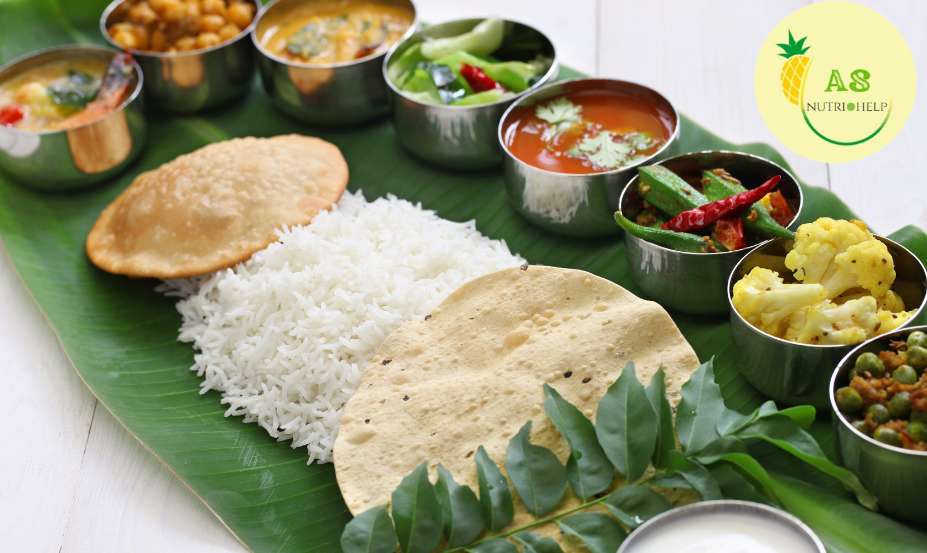Intermittent fasting is becoming a popular way to lose weight, improve digestion, and boost energy levels. It involves eating during a set time window and fasting during the rest. But one common question remains: what to eat & avoid during intermittent fasting, especially in an Indian diet?
The good news is, Indian cuisine has a variety of healthy, wholesome foods that fit perfectly into your fasting plan. Let’s explore the best Indian meals to eat and also understand what foods to avoid for best results.

Best Time to Eat
Most people follow the 16:8 method—fast for 16 hours and eat within 8 hours. For example, your eating window could be from 12 PM to 8 PM. During this time, it’s important to fuel your body with the right meals to stay full and healthy.
What to Eat: Indian Meals That Work
Here are some of the best Indian dishes to include in your intermittent fasting plan:
- Moong Dal Khichdi
A light, easy-to-digest meal packed with protein and fiber. Pair it with curd or a spoon of ghee for added nutrition.
- Vegetable Upma or Poha
These are great options for your first meal. Add peanuts, curry leaves, and veggies for a balanced, energy-rich dish.
- Paneer Bhurji or Tofu Curry
These are high in protein and help you stay full for longer. You can enjoy them with whole wheat roti or brown rice.
- Fruit Chaat or Mixed Nuts
Ideal for breaking a fast, fruits and nuts give a natural energy boost. Choose apples, papaya, and soaked almonds or walnuts.
- Sabzi + Roti + Dal
A traditional meal combo that gives you all essential nutrients without making you feel too heavy. Keep the portion moderate.
What to Avoid: Indian Foods That Don’t Help
Knowing what to eat & avoid can make a big difference in how effective your intermittent fasting is.
Avoid these foods during your eating window:
- Deep-fried items like samosas, pakoras, puris
- Refined carbs like white bread, white rice, and sugar-heavy sweets
- Processed snacks like chips, biscuits, and instant noodles
- Sugary drinks and fruit juices with added sugar
These foods slow down digestion and can make you feel bloated or tired.
Other Helpful Tips
- Stay hydrated throughout your fasting hours—drink water, lemon water, or herbal teas.
- Break your fast with something light like fruits or soaked nuts.
- Don’t overeat during the eating window. Balanced meals are key.
- Stick to homemade food and avoid takeaways or junk food.
Final Thoughts
Following intermittent fasting the right way depends a lot on what to eat & avoid. Indian meals offer a wide variety of healthy, tasty options that can support your fasting journey. Just focus on fresh, natural foods and avoid deep-fried, processed, or sugary items.
With smart planning, intermittent fasting can be both simple and sustainable with Indian food.










